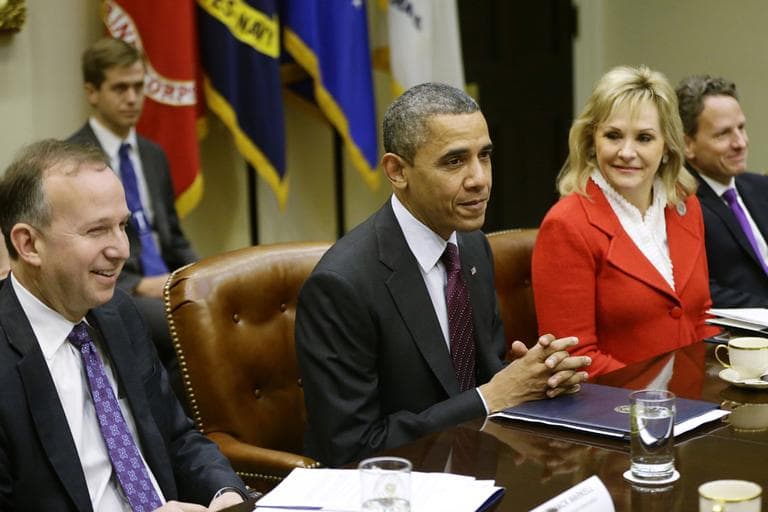Advertisement
What Raising Taxes, Avoiding Fiscal Cliff Mean For Average Investors
Resume
Oracle is the latest company to pay dividend income early to shareholders because of fear that tax rates may rise next year.
Most dividend income is currently taxed at 15 percent. If the Bush era tax cuts expire, dividend income would count as ordinary income and be taxed at the rate the earner is paying on other income.
While that has led to concerns for some investors, Roberton Williams of the Tax Policy Center told NPR that possible higher rates on investment income will not have a significant effect on most Americans.
Eighty percent of Americans report no income from dividends or long term capital gains, and currently more than half of the tax benefit on investment income goes to the top one-tenth of the top one percent of earners.
Guest:
- Nathaniel Popper, reporter covering the financial markets for The New York Times. He tweets @nathanielpopper.
This segment aired on December 4, 2012.